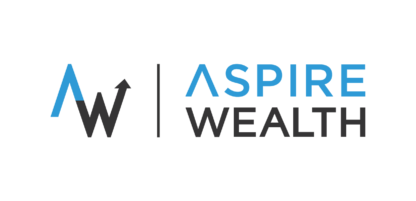In last week’s blog, we discussed the benefits of utilizing a mortgage rather than paying for a house with cash. It’s fair to assume this discussion is only relevant if you’re looking to purchase a home and utilize a mortgage. But, what if you already have a mortgage? The conversation quickly turns to weighing the benefits of making additional payments to reduce your principal versus continuing to make the traditional minimum monthly payment.
If we base our answer on last week’s example, the obvious answer is to make the minimum monthly payments on a 30 year mortgage while putting as much as you can into your investment accounts. However, it’s not that simple. Let’s look at an additional example that may lead us down a different road.
In our previous scenario, we assumed an average rate of return of 6.67% per year and a 30 year mortgage rate of 3.875% (3.250% for the 15 year mortgage). The expected average return is higher than the rate we are paying for the mortgage, which is why it’s advantageous to utilize a mortgage rather than pay for the home in cash. While we know we will not receive a static 6.67% every single year, over the long run we expect to be earning more on our investments than what our mortgage is costing us.
But, what if we only expected to earn 2% per year? Maybe we’re assuming an asset allocation more conservative than the 60% equity / 40% fixed-income portfolio. Or maybe it’s a down year for the market and we cannot make more than 2% in the year. In this case, it would be better to pay in cash and take no debt. The logic behind this is that now we would be earning less than what we are paying for our debt (2% < 3.875%).
This can be true for most types of debt. If you expect to earn a higher return than what you are paying for the debt, it’s economically beneficial to utilize the debt. If the debt is costing you more than what you can earn, it is better to avoid the debt.
Or to answer this specific question, it is better to make your minimum payments when you expect to have a higher return and the cost of debt is low (this is most likely the case for many people today with the historically low interest rate environment). It is better to make additional payments and reduce your debt faster when you expect to have a lower return or if the cost of debt is significantly higher than what you can earn in an investment (for example when mortgage rates averaged over 15% in the early 1980’s).
This doesn’t mean a mortgage is the right choice for everybody, even if they can take advantage of the low interest environment we’re currently experiencing. For some investors, the psychological benefits of having less debt outweigh any long term economic benefits of leveraging your funds. It really depends on your individual risk tolerance and personal preferences. The key takeaway is to understand that debt is a tool, and when used appropriately it has the potential to actually benefit you in the long run.
Remember, debt is appropriate when matched properly with the life of an asset and the ability of the borrower to repay. We’re not telling you to use credit card debt as leverage, leaving you with more to invest into your retirement accounts. Please do not go racking up piles of debt just so you can invest more money in the market.
With that being said, if you have a mortgage and it is causing you anxiety, just know that as long as you are investing wisely over the long term, your portfolio could actually be better off with only making the minimum payments than if you tap into your account to pay it off right away. It’s always important to work with an advisor to understand how all of this fits within your unique situation.
Ben Webster, CFP® and Derek Prusa, CFA, CFP®
Co-Founders and Owners of Aspire Wealth


